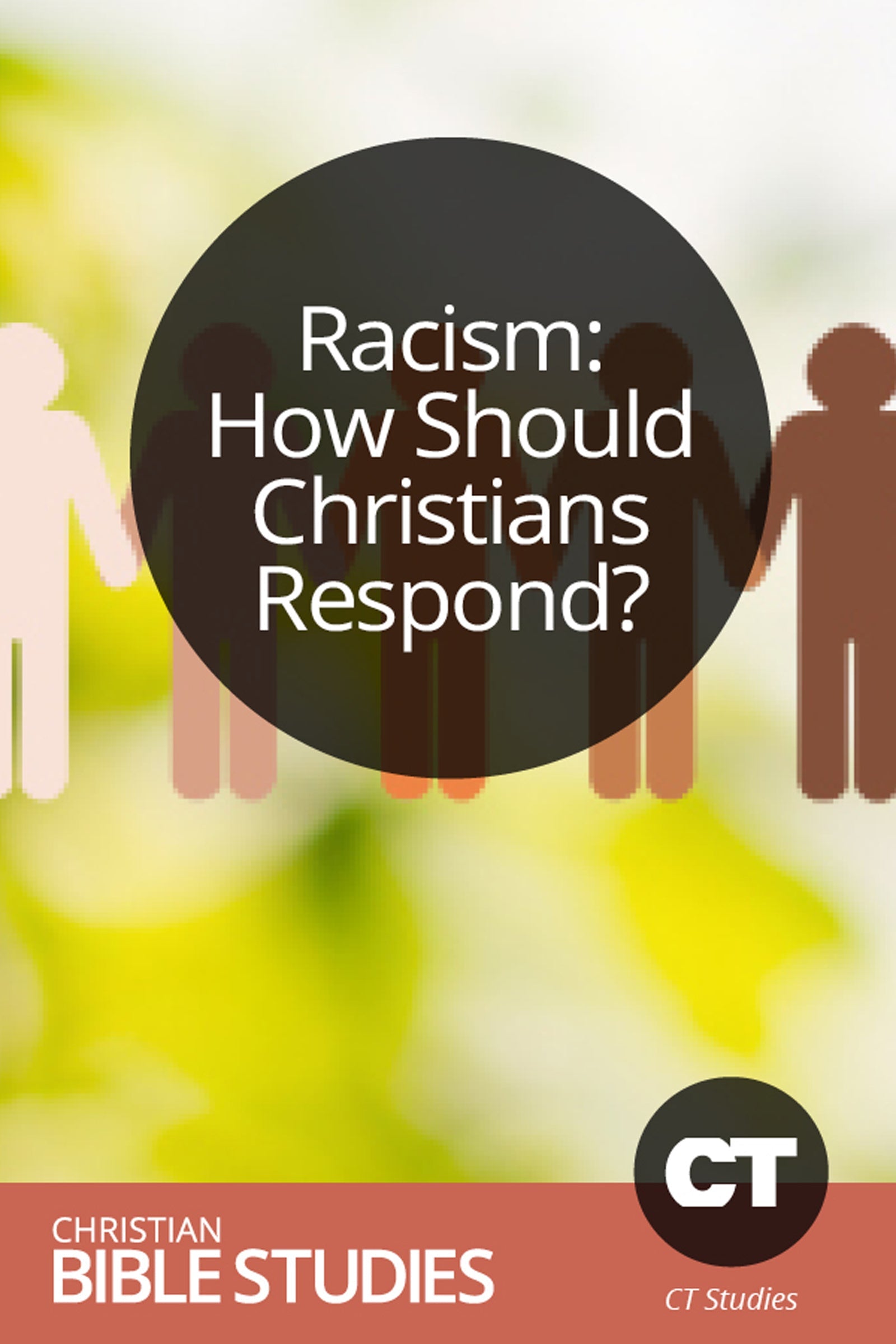Description
Decades after the Civil Rights Movement, America is still dealing with racism. The topic of race fills our news headlines, our city streets, and even our pulpits. Recognizing the centuries-old mistreatment of minority groups, how should Christians respond to racism? Is it possible to respond in sensitive ways that actually make a difference?
Scripture: John 4:1–30; Romans 12:3, 9–21; Galatians 2:11–14; Ephesians 2:11–16; Colossians 3:1–17
Session One
Lessons from Martin Luther King Jr.
The truth of what he lived and preached
Over 50 years removed from President John F. Kennedy’s assassination, it’s difficult to imagine publically cheering his death. Yet this is what Philip Yancey describes happening in his Atlanta high school. To many in the South, Kennedy represented a threat to a treasured way of life, and his death was welcomed.
Yancey’s view of Martin Luther King Jr., was also marked by his upbringing, and he dismissed King as someone who preached a social gospel and was a problem. Decades later, though, Yancey came to see King in a new way: as a Christian activist who, through his nonviolent approach, was willing to persevere in the face of jail time, beatings, and even defeat. We’ll explore the deadly roots of racism and discover King’s legacy that carries on today.
Session Two
The Big Picture of Racism
The gospel must transform our understanding of race.
In this session we’ll explore one of the Apostle Paul’s primary—and perhaps most radical, in terms of social engagement—themes in his ministry summed up in this simple yet profound phrase: “in Christ.” If we thought “justification by faith alone” was Paul’s favorite phrase in explaining our upward relationship and standing with God, then the term “in Christ” would follow shortly after as Paul’s explanation of how we view our new identity, God’s purpose of creating a new people, and how we ought to live in that reality with one another. The gospel is bigger and better than we think, and it includes transforming our understanding of race, ethnicity, and belonging to the family of God.
Session Three
How Should Christians Navigate White Privilege?
Understand the issue and discover biblical wisdom.
In this session we’ll dive into an often uncomfortable and messy conversation around white privilege. It becomes a sensitive topic for many reasons. First, race is not everyone’s favorite dinner conversation. Second, people have various levels of understanding when it comes to privilege. Some are completely unaware of privilege because it can be difficult to see. Others are filled with shame over the privilege they’ve received.
How did privilege play out in the early church? How did Jesus address and model power and privilege? We’ll take a closer look at these questions and themes.
This study includes both Leader and Participant guides for each session, as well as one article to accompany each session.
Total number of pages - 42

